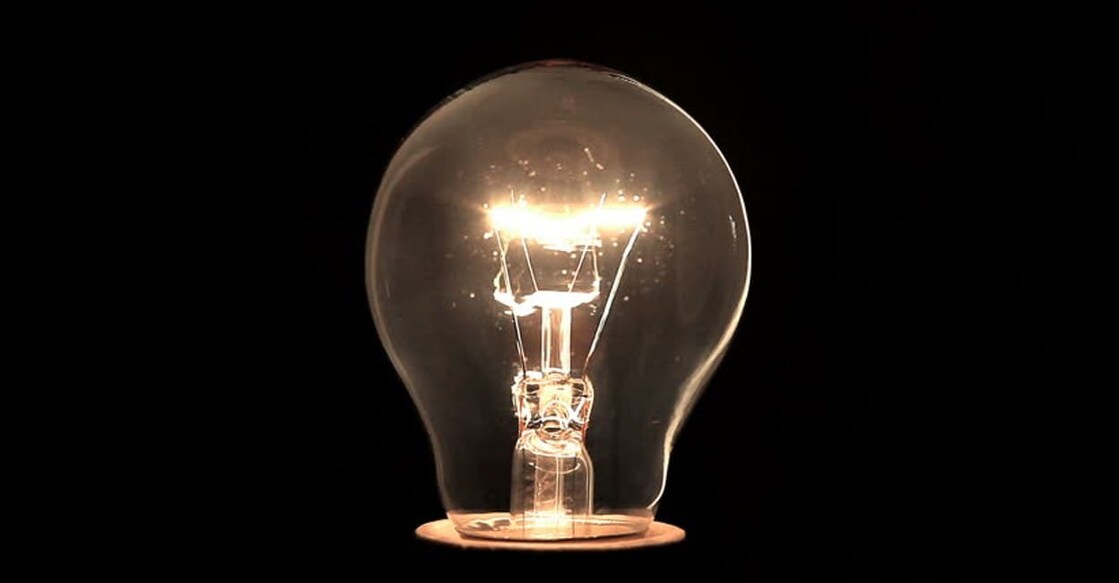Brace for 30-minute load shedding tonight

Mail This Article
KSEB officially announced the possibility of power curbs across Kerala between 7 pm and 11 pm on Friday, August 16. "Some power curbs might be necessitated on August 16 as a consequence of increased power consumption and inadequate supply in the power exchange market," the KSEB announced on its Facebook page.
Even during monsoon, Kerala's peak hour demand continues to hover near the 4000 megawatts (MW) mark. During April and May, there were days when it had crossed 5000 MW.
On August 15, it touched nearly 3900 MW. This is mainly because of the use of air conditioners that were newly installed in homes during March and April to beat perhaps the hottest summer in a long time. There were days in March when 10,000-odd AC units were sold in Kerala. This March alone, 1.5 lakh units of AC were sold, the highest-ever sales figure for Kerala.
Another reason is the increase in the number of electric vehicles, which are charged during the night. Kerala has the highest electric vehicle (EV) penetration rate (the percentage of EVs in the total two-wheeler and passenger vehicles in the state) in the country. For two-wheelers, it is 19.5 per cent and for passenger vehicles, 6.4%.
To date, the largest chunk of Kerala's power needs are met from its hydel stations. Just over 1700 MW is secured from them. "Most of them are now being operated at full capacity," said chief engineer (transmission) Viju Rajan John. KSEB can afford to overwork its hydel stations because the dams, unlike in the summer, are 65% full.
Another 1300 MW is secured from central generating stations in other states like Tamil Nadu, Andhra Pradesh and Odisha. This leaves a shortage of around 600-800 MW, which is sourced from power exchange markets. "The availability is very low because of huge demand from other states. In the last few days, we could get just 4-5% of the power we had bid," the KSEB chief engineer said.
"However, rains in Karnataka and Andhra Pradesh have lowered power demand from these states today (August 16). So we have enough availability till 8.30 pm," he said. "But it is usual for demand to rise after that. If the supply is affected, we might have to go for load shedding after that," the top KSEB official said. If the supply dries up after 8.30 pm, KSEB could impose 30-minute load-shedding.

